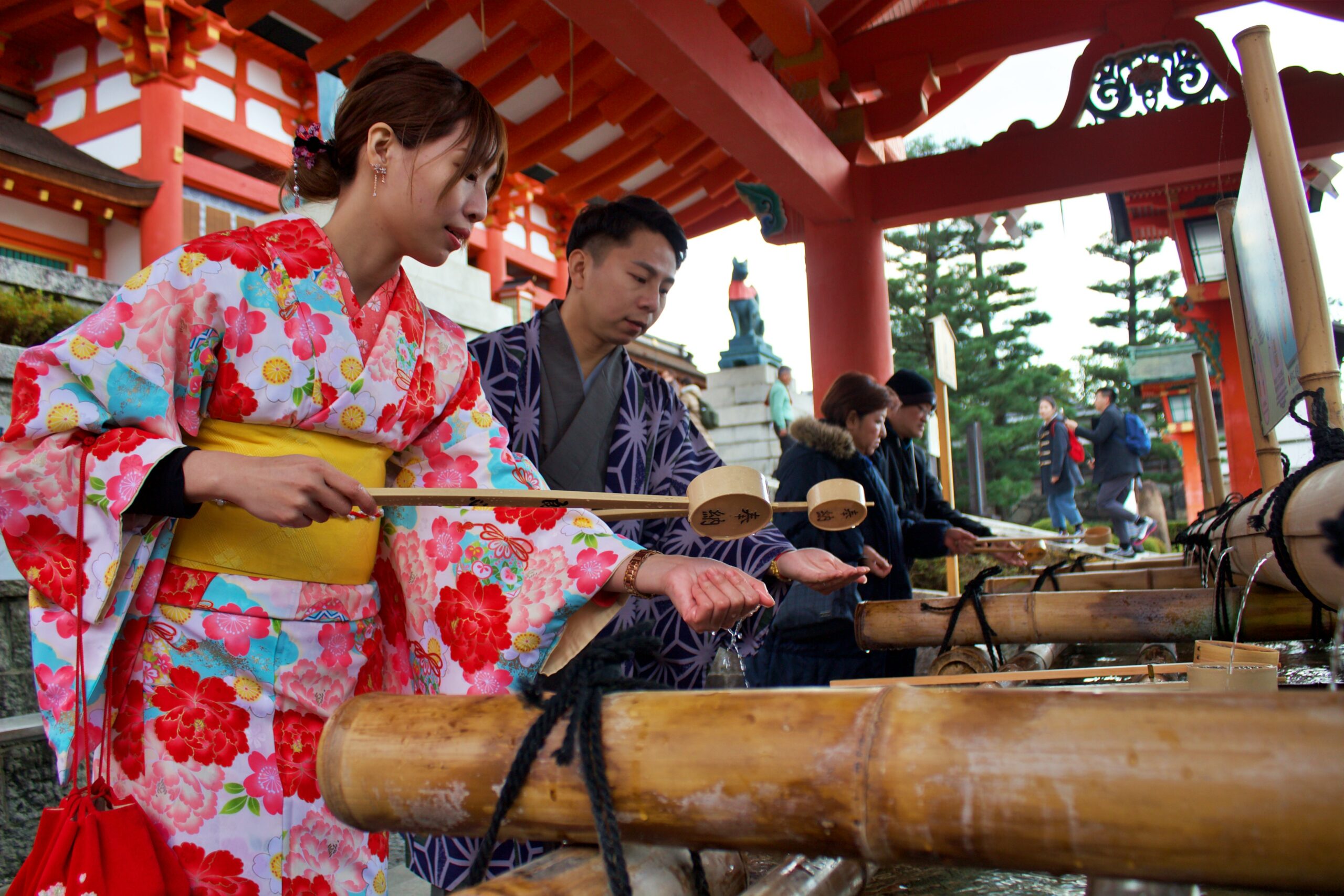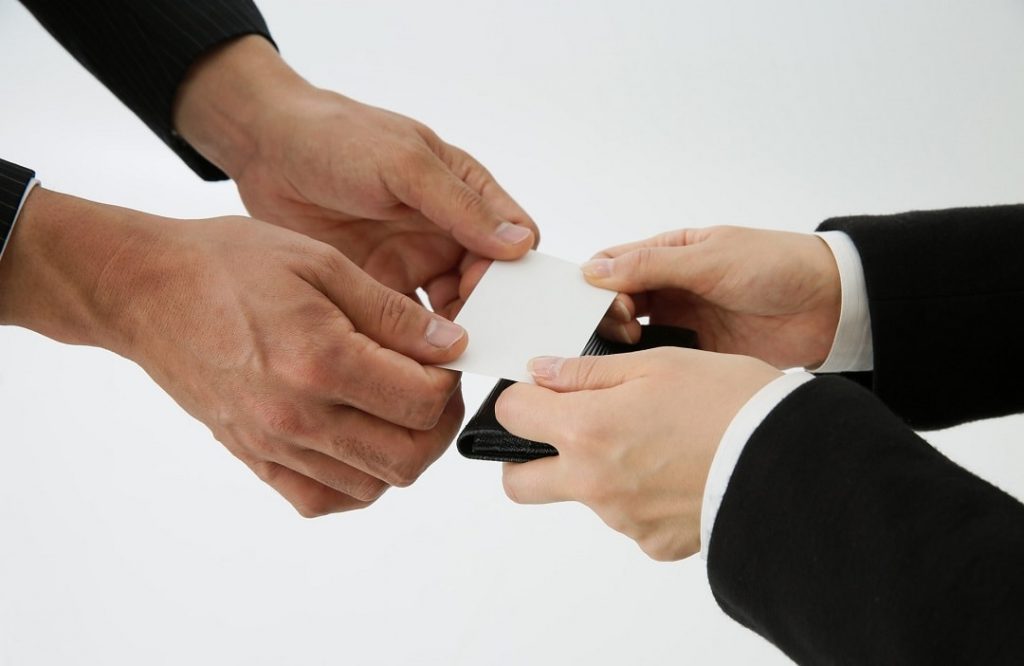EY Y04 L27 Social Taboos
This week’s Questions

- Imagine you had a foreign friend who had just moved to Japan. What advice would you give them about how to behave when going to a restaurant? Is there anything they absolutely should not do?
- What advice would you give to them about going to an onsen? What are some behaviours that are frowned upon when partaking in this activity?
- What advice would you give to them about visiting someone at their home? Is it a good idea to bring the homeowner a gift? If yes, what do you think would make a good gift?
- Have you ever witnessed someone making a cultural faux pas? How did it make you feel? Did you say or do anything to try to help the situation? If yes, what did you do? If no, why not?
- Tell us about something that is a social taboo in another country but is completely OK in Japan OR something that is a social taboo in Japan but completely OK overseas.
- Do you think the older generation in Japan have better manners than the younger generation or do you think younger people are more polite than their elders? Please give an example or examples.
This week’s Responses
Sorry. You must be logged in to view this form.
Teacher’s Compositions

by Maiza Catarina-Hashimoto
Read Now
Question 1
My general advice is just to be mindful of the people around them. There are no exceptional rules besides basic social etiquette but we should refrain from talking too much or laughing boisterously.Question 2
I have not been to an onsen yet but I heard that there are strict policies and there's a tendency that they might not allow you to enter if you have a clearly visible tattoo.Question 3
I haven't noticed any significant difference when visiting people's houses here and also in Japan. We also take off our shoes when entering someone's house and we wait for their permission to enter any space. The custom of gift-giving in Japan is quite complex. I guess a rule of thumb is that we should consider the value of the item we are giving them. It shouldn't be too expensive that they will feel indebted to us. Also, a snack is a safe choice because they can just consume it. If we give them any material item they will be obliged to use it or display it in their homes which might inconvenience them.Question 4
When my husband was living in the Philippines for more than 2 years, my family would often invite him to church. My family members were quite religious and I had to constantly remind them to respect my husband's religious views and stop inviting him. They would keep asking him about the religion of most Japanese and I could feel that it made him uncomfortable because he doesn't deeply know details about Buddhism too.Question 5
The tipping culture is not prevalent in Japan, unlike in other countries. Some Japanese say it's inconvenient when they go overseas and they have to guess how much they should tip. In worse scenarios, they might feel ripped off too when they tip more than what's expected. I've asked my husband once why the tipping culture does not exist in Japan. He says Japan acknowledges the value of honest customer service so as a staff, you should give your best regardless if you expect a tip or not.Question 6
Yes, the older generation is more polite and they have better manners. It is evident in how they compose themselves in social events. They make sure they don't say or do anything that offends others. This is highly admirable but sometimes I think it can be an obstacle if you want to know them deeply, beyond what they'd like to portray to the public.Tough Vocabulary
- 0 -
comments

by D'Vonne Brock
Read Now
Question 1
I would tell them beforehand that they cannot make a special request at most restaurants. What is listed on the menu is what you get. In the US, people often make special orders, taking off ingredients they don't like or adding extra ones. In Japan that's not really allowed. In the US it's also common to tip the server, while in Japan it is not only refused, but could be considered rude in some cases.Question 2
They need to shower in the designated area before getting into the bath. It's also important to warn first timers not to wear a towel into the water. I almost made that very mistake when I visited an onsen for the first time. I had seen an advertisement with a woman wearing a towel in the bath, so I assumed it was acceptable.Question 3
I haven't really thought about bringing gifts to someone's home unless I am coming back from a trip. I guess it would be nice to bring some snacks since omiyage is very popular in Japanese culture.Question 4
One summer I was camping in Tottori and a group of foreigners were being very noisy late at night in the campsite. I couldn't fall asleep because they were talking and laughing, so I'm sure the other campers were frustrated, as well. It was nearing midnight and I had had enough, so I went over to their tent and scolded them, telling them it's impolite to keep the whole campsite awake like this. After I stomped back to my tent their light shut off and they were silent for the rest of the night. I don't think their behavior is acceptable in most places, but definitely not in Japan.Question 5
I'll name one of each for balance. In the US it is illegal to drink from an open alcoholic container in public. You must drink inside a designated area, while in Japan there are people walking around with sake or beer, drunk in public like it's totally normal. In Japan, tattoos are taboo because they are associated with gangs, while in the US they are quite common and fashionable.Question 6
I feel like no matter what time period we live in, people believe that those younger than themselves have poorer manners. The truth is that there are both polite and rude people in every generation. Younger people chat loudly or eat on the train, talk on the phone, or don't give up their seats for someone who needs it more, but I have seen elders do the same. I have been pushed around at train stations more frequently by older men than by younger people.Tough Vocabulary
- 0 -
comments
